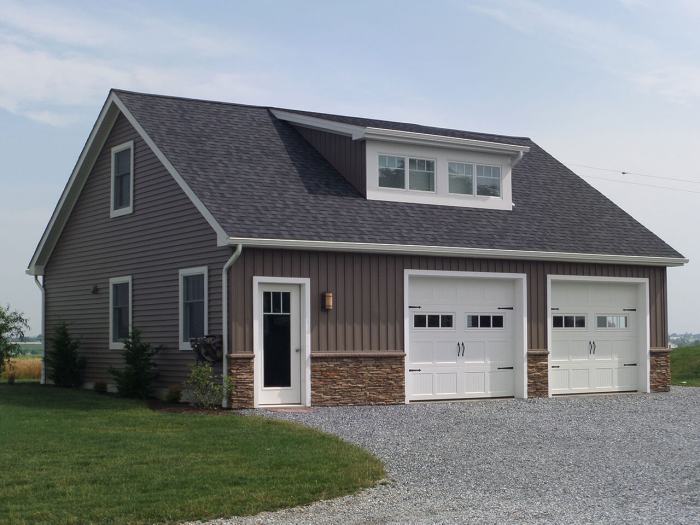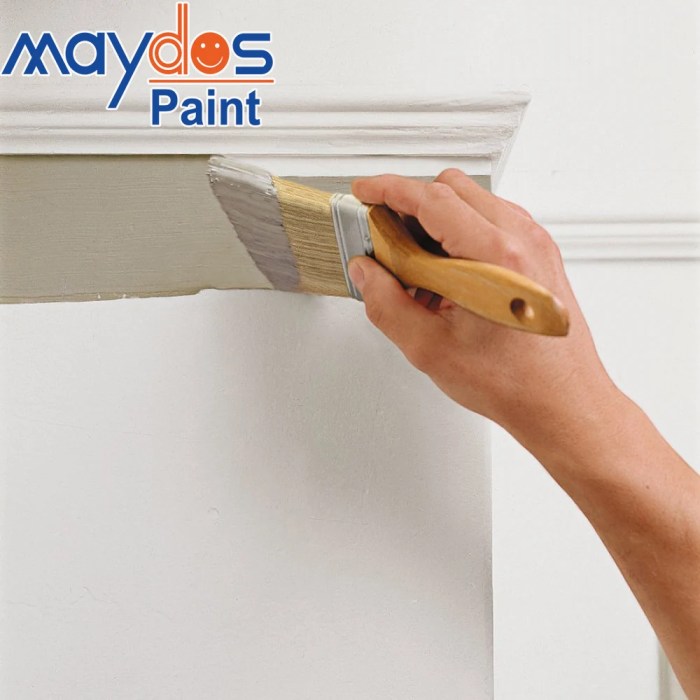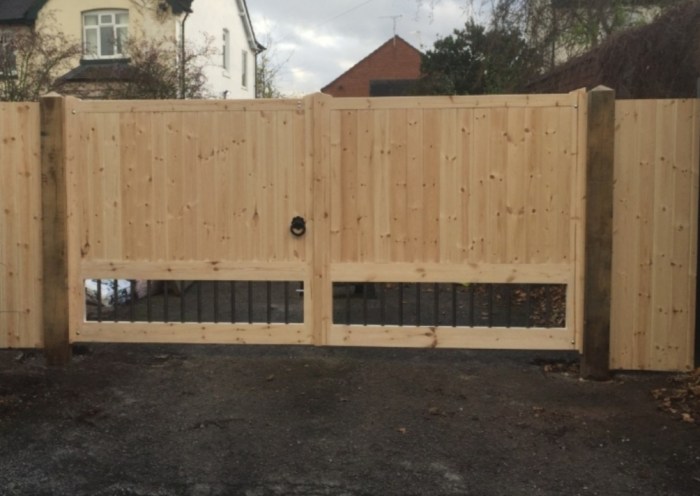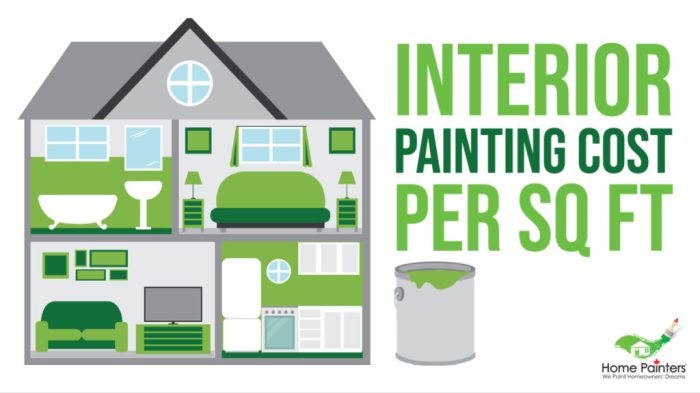Embarking on a bathroom remodeling project can be both exciting and daunting. One of the crucial decisions you'll need to make is selecting the right contractor for the job. In this guide, we delve into the key aspects of hiring bathroom remodeling contractors, providing valuable insights and tips to ensure a successful renovation project.
From researching and budgeting to selecting the perfect contractor and managing project timelines, this guide covers everything you need to know to make informed decisions and achieve your desired bathroom transformation.
Researching Bathroom Remodeling Contractors
When embarking on a bathroom remodeling project, finding the right contractor is crucial to ensuring the success of the renovation. Here are key factors to consider when researching bathroom remodeling contractors:
Checking Reviews and Testimonials
Reading reviews and testimonials from previous clients can provide valuable insights into the contractor's reputation, work quality, and customer satisfaction. Look for contractors with positive feedback and a track record of delivering exceptional results.
Verifying Credentials and Licenses
Before hiring a contractor, it is essential to verify their credentials and licenses. Ensure that the contractor is properly licensed, bonded, and insured to protect yourself from any liability in case of accidents or damages during the project.
Evaluating Experience and Expertise
Assess the contractor's experience and expertise in bathroom remodeling projects by asking for examples of past work, requesting references, and inquiring about their specific skills and knowledge in this area. A contractor with a proven track record of successful bathroom renovations is more likely to deliver satisfactory results.
Budgeting for Bathroom Remodeling
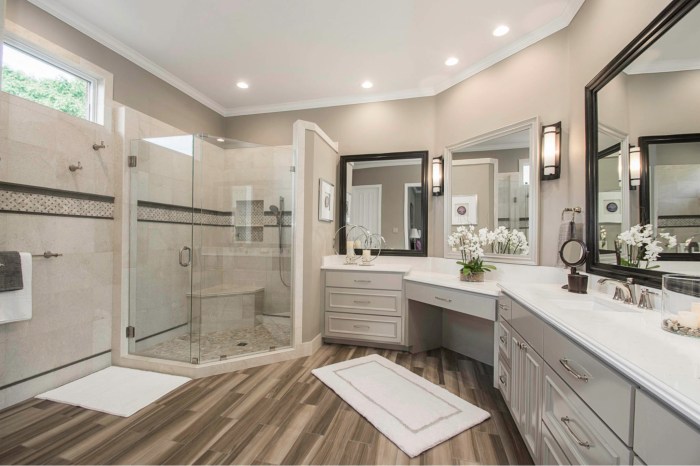
When planning a bathroom remodeling project, setting a realistic budget is crucial to ensure the project stays on track and within financial constraints. By understanding the typical cost breakdown of a bathroom remodel and implementing strategies to negotiate pricing with contractors, homeowners can achieve their desired renovation while staying on budget.
Typical Cost Breakdown
- Labor: Approximately 40-50% of the total budget is allocated to labor costs, including contractor fees, installation, and plumbing/electrical work.
- Materials: 30-40% of the budget typically goes towards materials such as tiles, fixtures, cabinetry, and countertops.
- Permits and Design Fees: Around 10% of the budget may be needed for permits, design consultations, and architectural plans.
- Contingency: It is advisable to set aside 10-20% of the total budget for unexpected expenses or changes during the project.
Setting a Realistic Budget
- Research and prioritize: Determine the must-haves for your bathroom remodel and allocate funds accordingly to avoid overspending on unnecessary features.
- Get multiple quotes: Compare estimates from different contractors to understand the average cost of the project and identify any outliers.
- Consider cost-effective options: Opt for durable yet affordable materials, such as vinyl flooring or acrylic tubs, to save on expenses without compromising quality.
Negotiating Pricing with Contractors
- Be upfront about your budget: Communicate openly with contractors about your financial constraints and seek ways to adjust the project scope to fit your budget.
- Ask for discounts: Inquire about any promotions, discounts, or package deals that contractors may offer to reduce costs without sacrificing the quality of work.
- Flexible scheduling: Consider scheduling the project during off-peak seasons to potentially secure lower rates from contractors due to reduced demand.
Cost-Effective Materials and Design Choices
- Refinishing instead of replacing: Refinishing existing fixtures and surfaces can be a cost-effective alternative to full replacements, saving both money and time.
- DIY projects: For homeowners with some DIY skills, tackling minor tasks like painting or installing hardware can help cut down on labor costs.
- Alternative materials: Explore eco-friendly options or recycled materials for a unique and budget-friendly approach to your bathroom remodel.
Choosing the Right Bathroom Remodeling Contractor
When it comes to choosing the right bathroom remodeling contractor, there are several key factors to consider to ensure a successful and stress-free renovation experience.
The Importance of Interviewing Multiple Contractors
Interviewing multiple contractors is crucial as it allows you to compare their qualifications, experience, and communication style. By meeting with different contractors, you can get a sense of their professionalism and determine if they are the right fit for your project.
Requesting and Comparing Detailed Project Proposals
It is essential to request detailed project proposals from each contractor to compare their pricing, timelines, and scope of work. Analyzing these proposals will help you make an informed decision based on your budget and project requirements.
Evaluating Communication Style and Responsiveness
Communication is key during a remodeling project, so evaluating the contractor's communication style and responsiveness is crucial. Look for a contractor who is attentive, transparent, and prompt in their communication to ensure that your project runs smoothly from start to finish.
Selecting a Contractor Who Aligns with Your Design Preferences
Choose a contractor who aligns with your design preferences and project goals to ensure that your vision is brought to life. Review their portfolio, ask for references, and discuss your ideas to ensure that the contractor understands and can execute your desired design aesthetic.
Project Planning and Timeline Management
Planning a bathroom remodeling project involves creating a detailed plan with your chosen contractor to ensure everything runs smoothly and efficiently. Setting realistic timelines for different stages of the remodeling process is crucial to avoid delays and unexpected issues. Effective communication with the contractor is key to ensuring project milestones are met and any challenges are addressed promptly.
Setting Realistic Timelines
- Break down the project into smaller tasks and allocate timeframes for each task.
- Consider factors like material delivery times, permits, and unexpected delays when setting timelines.
- Consult with your contractor to get their input on realistic timeframes based on their experience and expertise.
Communicating with the Contractor
- Schedule regular check-ins with the contractor to discuss progress and address any concerns or changes in the plan.
- Be clear and specific in your communication to avoid misunderstandings and ensure everyone is on the same page.
- Ask for regular updates on the project timeline to track progress and make adjustments if necessary.
Addressing Common Challenges
- Unforeseen issues like plumbing or electrical problems can cause delays - have a contingency plan in place.
- Changes in design or materials midway through the project can impact the timeline - discuss any changes with the contractor before proceeding.
- Poor weather conditions or external factors beyond your control may affect the timeline - stay flexible and work with the contractor to find solutions.
Summary
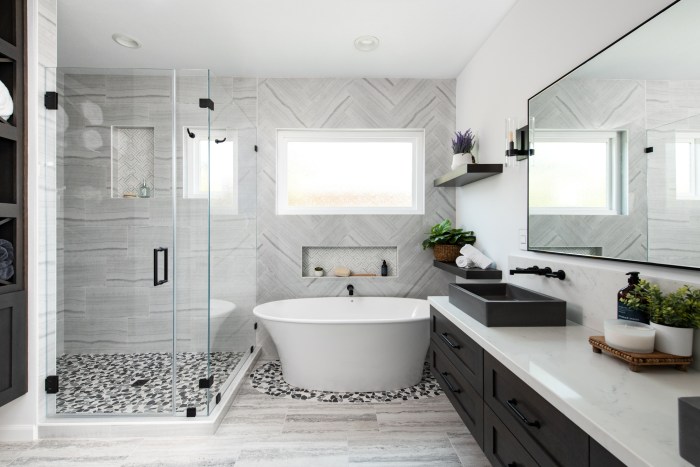
In conclusion, choosing the best bathroom remodeling contractor involves thorough research, careful budgeting, and effective communication. By following the advice and guidelines presented in this guide, you can navigate the process with confidence and achieve the bathroom of your dreams.
FAQ Section
How important is it to check reviews and testimonials when researching bathroom remodeling contractors?
Checking reviews and testimonials is crucial as it provides insights into the contractor's past performance, quality of work, and customer satisfaction levels.
What are some cost-effective materials and design choices for budget-conscious bathroom remodels?
Opting for materials like vinyl flooring, laminate countertops, and pre-fabricated cabinets can help save costs without compromising on quality.
Why is it essential to set realistic timelines for different stages of the remodeling process?
Realistic timelines ensure that the project stays on track and allows for proper planning, coordination, and completion of each phase within the designated timeframe.
How can homeowners effectively communicate with contractors to ensure project milestones are met?
Regular meetings, clear documentation of expectations, and open lines of communication are key to ensuring that both parties are aligned and progress is on schedule.


